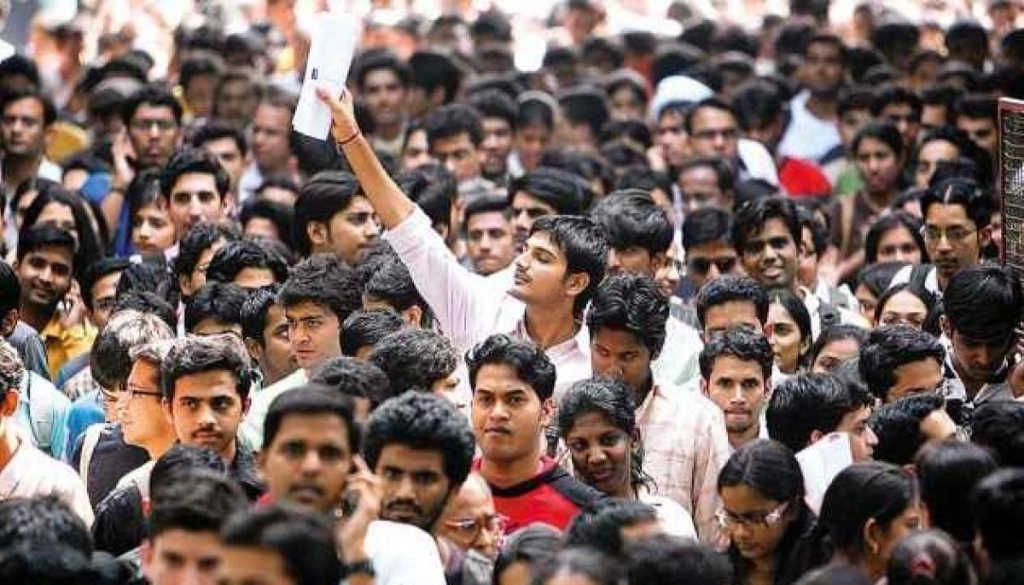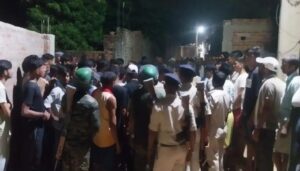
Aurangabad: Hundreds of students in the district are facing legal action after defaulting on education loans issued under the state’s flagship Student Credit Card Scheme. Authorities in Aurangabad district have initiated proceedings against 711 students, with certificate cases filed under the Bihar Public Demand Recovery Act, 1914.
District officials confirmed that notices have been sent to these defaulters, urging immediate repayment. An additional 1,208 students have also been identified for default, and demand notices have already been issued by the Bihar State Education Finance Corporation (BSEFC).
The loans were disbursed through District Registration cum Counselling Centres (DRCCs) to students pursuing various courses, including ITI, B.Ed, and Polytechnic diplomas. Many of these students, despite completing their courses, have failed to begin repayments as required by the scheme’s guidelines.
Rajeev Kumar, Assistant Manager at BSEFC, stated, “There is a significant number of students who have not repaid their loans even after course completion. Legal notices have been served, and we are witnessing a rising number of students now approaching DRCCs to settle their dues.” The scheme offers a one-year interest-free period post-course completion. Thereafter, a simple interest of 4% is charged to male students, with a reduced rate of 1% for female and differently-abled beneficiaries. Students unable to secure employment or self-employment after their course are eligible for an extension of six months. To avail of this, they must submit six affidavits on Rs 100 stamp paper in a prescribed format between June 15 and 30. Failure to comply with repayment obligations could lead to property seizure and arrest, according to officials. “Recovery cases have already been initiated in the Neelam branch of the district administration,” a DRCC officer confirmed.
Meanwhile, the state continues to expand the scope of the Student Credit Card Scheme. Loans up to Rs 2 lakh are now available for ITI diplomas, Rs 2.9 lakh for B.Ed programmes, and Rs 3 lakh for polytechnic diplomas. Students are required to provide a bonafide certificate from their educational institution, along with key documents such as matriculation and intermediate marksheets, Aadhaar card, bank passbook, and a residential certificate with a photograph.
DRCCs across the state have witnessed increased footfall as students seek loan approval and registration under the updated guidelines. “The scheme remains a vital support system for financially disadvantaged youth seeking higher education,” a DRCC manager noted. The Bihar Student Credit Card Scheme, launched in 2016, aims to bridge the financial gap for students pursuing higher education, but growing defaults have prompted a stricter enforcement regime from the state.





